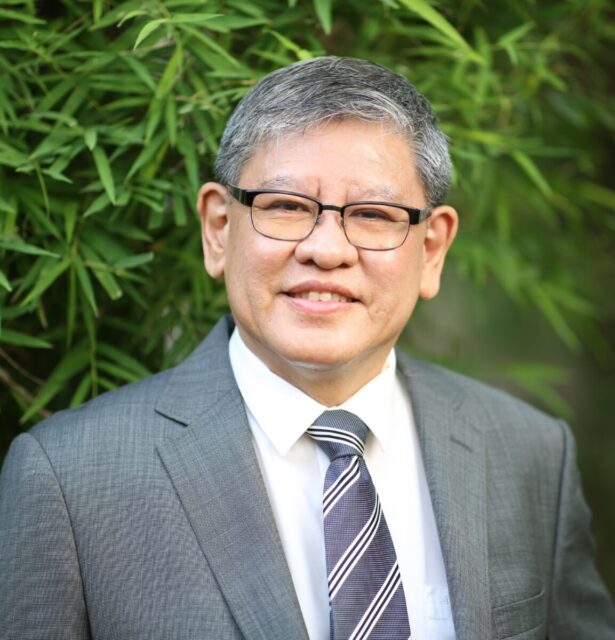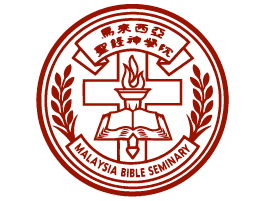
I have often said that we are now in the 21st century with a host of 21st century tools for education. Yet we continue to teach as if we are in the 19th century, oblivious to these new cutting-edge tools. We now have powerful tools to manage our learning system. How do we use the Learning Management System (LMS) to engage learners, to help them explore, engage and connect with their lecturers and their peers?
In MBS we have been exploring what it takes to have an online presence and how and in what ways online teaching is different from on-site teaching. However, we often only concentrate on developing the hardware necessary for online teaching. We are concerned whether we have classrooms that are equipped for online teaching. We worry whether we have the appropriate software for Learning Management System, so that lessons, assignments, grades can be posted online.
We forget to ask basic, fundamental questions related to teaching and learning. These are questions we need to answer, whether we teach on site or online. Recently we had the privilege of having Dr Joanna Feliciano-Soberano[1], lead us in a seminar where we explore the following:
- What is the vocation of a teacher?
- How do we equip students for impactful ministry?
- What is the mission of theological education?
- How do our educational philosophy influence how we design our curriculum?
- How do we access our students – formatively[2] or in a summative way?
However, the most challenging aspect of teaching in a seminary is to ask ourselves:
How do we integrate spiritual formation (or you can call it discipleship, or character formation, or holistic training) in our courses and curriculum?
This is one aspect where the seminary or bible college differs from a university. The university and the seminary share many educational similarities. We care about Competence Based Education. We want our graduates to be competent – able to think critically, able to do sound research and evaluate problems and issues and come up with realistic solutions. But above all, in the seminary, we also want to mould, shape, nurture godly men and women for ministry and for leadership positions.
Please join us and support us in much prayers, as we ponder these important, basic questions in the weeks, months and years ahead.
As always, thank you for your faithful support, both in prayers and in finance. Your partnership is much valued and we pray that our partnership will endure, proper and bear much fruit in the years ahead.
In His Amazing Grace,
Rev Dr Tony Lim
Footnote:
[1] Dr Soberano is a Theological Education Consultant for Southeast and East Asia– with Mesa Global since 2019.
[2] Formative assessment monitors student learning and provide ongoing feedback to improve teaching and training. In contrast, summative assessment evaluate student learning at the end of a unit, course or term.
